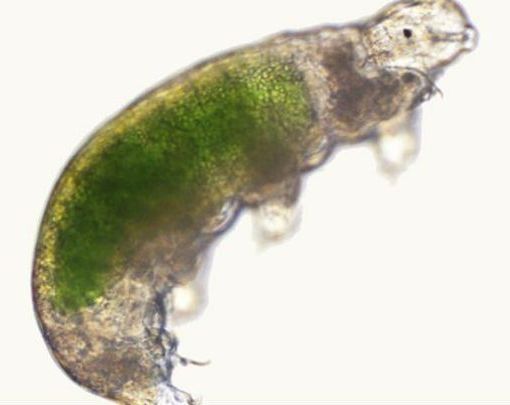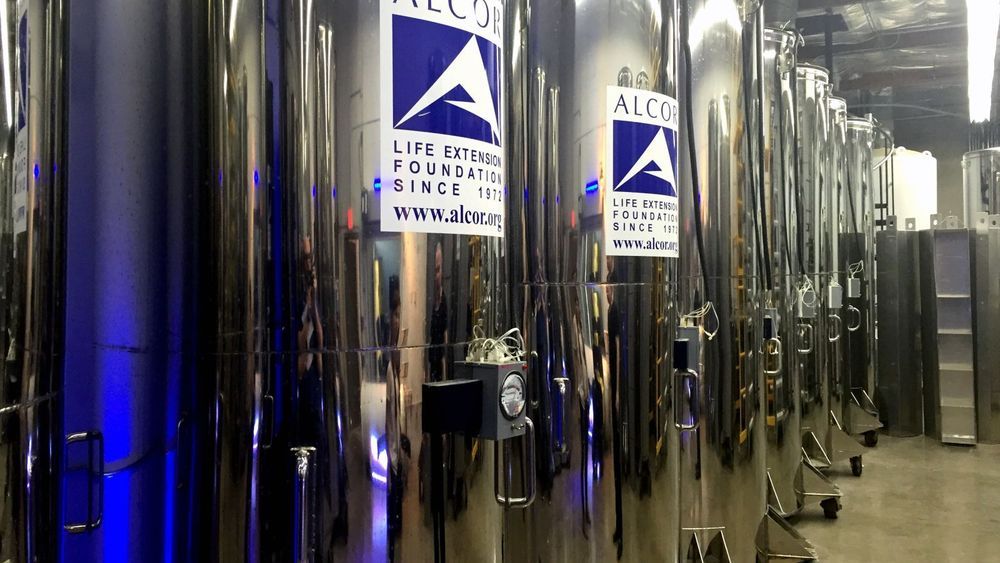
Is aging a natural process that we simply have to accept as a fact of life?
A philosopher would say yes. Many doctors would also agree: that our cells eventually reach a point where they can no longer divide and either die or reach senescence, a retirement phase. Many scientists believe in the “Hayflick limit” — that no one can live past about 120 years old. These people might also say that aging — and dying — is a good thing; that the world is already overcrowded, that we already cannot handle our aging populations, that life must be finite to appreciate it, that all good things must come to an end.
But there’s a growing group of people — including gerontologists, biologists, engineers, and futurists—who believe that aging is a disease in itself, a disease that can be cured. That aging is not an immutable process, an inevitable “dying of the light,” to quote poet Dylan Thomas, but one we can “rage against” — through science, drugs, and lifestyle changes.
Continue reading “What’s Telling About Telomeres (and the Aging Process)” »

















